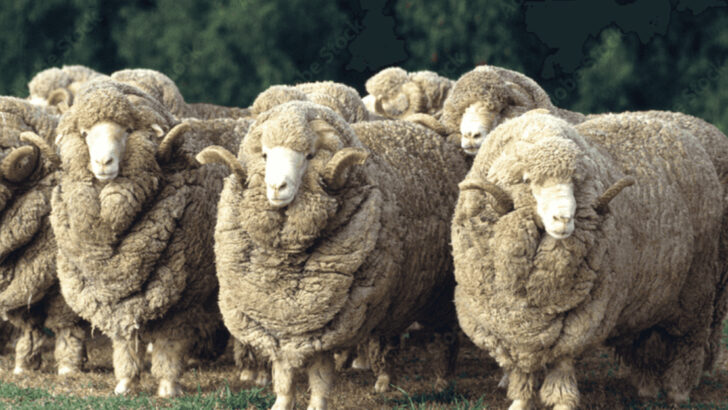Merino sheep are renowned for their exceptional wool and fascinating characteristics.
These sheep, originating from Spain, have a rich history and are prized for their fine fleece, adaptability, and unique traits.
In this blog post, we explore 13 intriguing aspects of Merino sheep, from their wool quality to their environmental impact.
Each item reveals a different facet of these remarkable animals, shedding light on why they are so beloved among farmers and wool enthusiasts alike.
Join us as we delve into the wonderful world of Merino sheep and uncover what makes them truly special.
The Wool’s Fineness
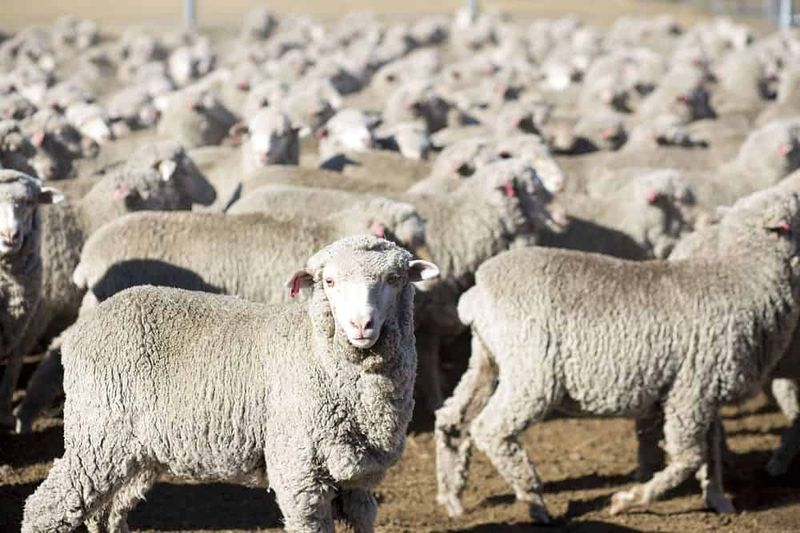
The Merino sheep is celebrated for its incredibly fine wool, which is softer and more comfortable than most other sheep breeds. This exquisite fleece is known for its exceptional softness and elasticity. Because of these qualities, Merino wool is ideal for crafting luxurious clothing and accessories.
What sets Merino wool apart is its breathability. It keeps the wearer warm in winter and cool in summer, making it highly versatile. The wool’s natural crimp also adds to its insulating properties, providing warmth without weight. With such unmatched quality, it’s no wonder Merino wool is highly sought after worldwide.
Spanish Heritage
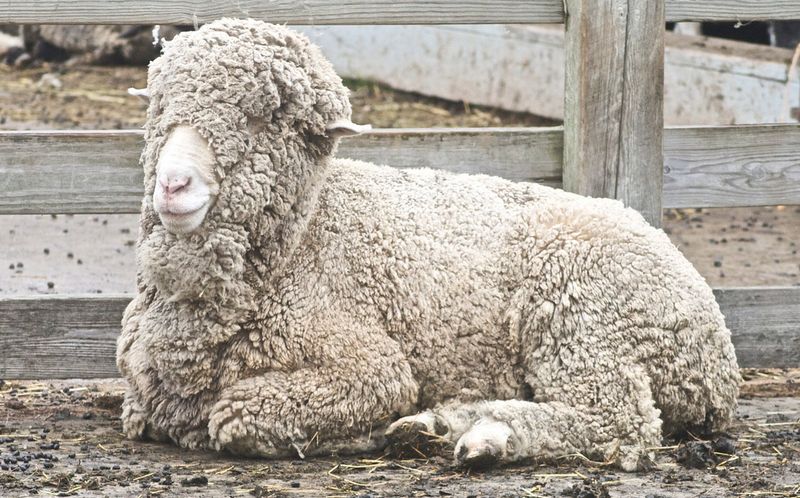
Did you know that Merino sheep have roots dating back to the Iberian Peninsula? These sheep were first bred in Spain, where they played a significant role in the country’s economy and culture. Initially, they were a closely guarded treasure, with their exportation being strictly controlled by the Spanish monarchy.
Their rich heritage has left a lasting impact, influencing sheep breeding worldwide. The name ‘Merino’ itself is derived from the Spanish royal family of the same name. Today, while they are found globally, their Spanish origins remain a proud aspect of their identity.
Adaptability to Climates
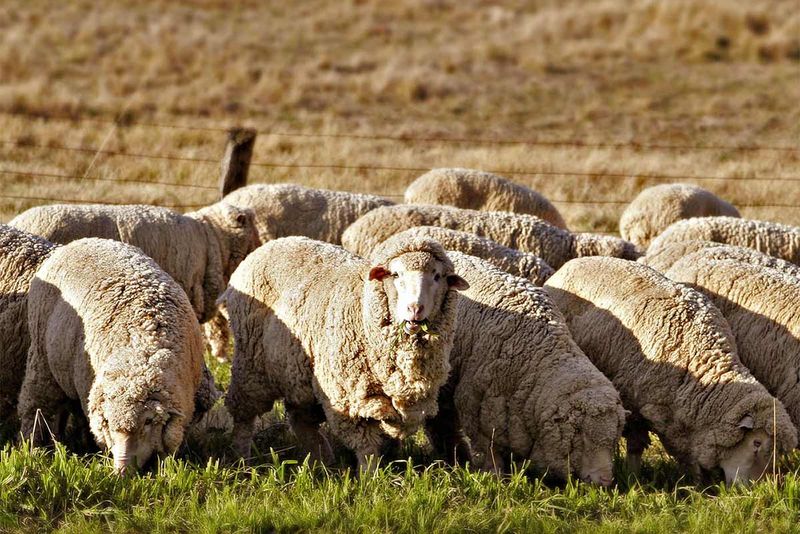
Merino sheep are renowned for their adaptability to a wide range of climates. Their resilient nature allows them to thrive in both hot and cold environments, making them a popular choice for farmers across the globe.
This adaptability is largely due to their unique wool, which provides excellent insulation against cold while being breathable enough to prevent overheating in warmer weather. Consequently, Merino sheep can be found in regions as diverse as Australia, New Zealand, and South Africa. Their ability to flourish in varied climates underscores their versatility and global appeal.
Sustainable Grazers
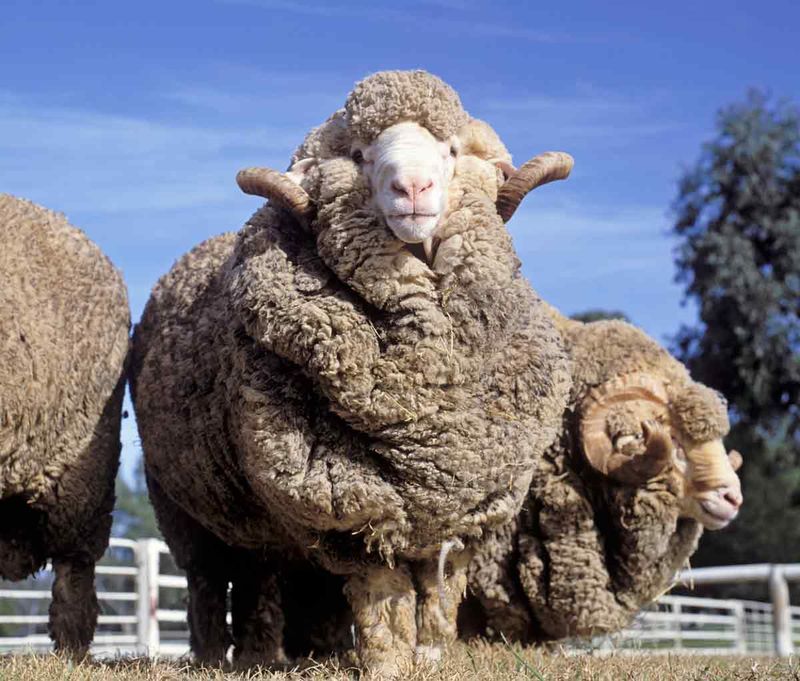
Merino sheep are not just prized for their wool; they are also valued for their sustainable grazing habits. These sheep are known to graze efficiently, often improving the quality of the land they feed on.
Their grazing patterns help maintain healthy pasture ecosystems by promoting plant growth and reducing the spread of invasive species. Farmers appreciate this symbiotic relationship, as it results in healthier soil and more productive land. By choosing Merino sheep, farmers contribute to environmentally friendly farming practices and promote sustainability in agriculture.
Fascinating Flock Behavior
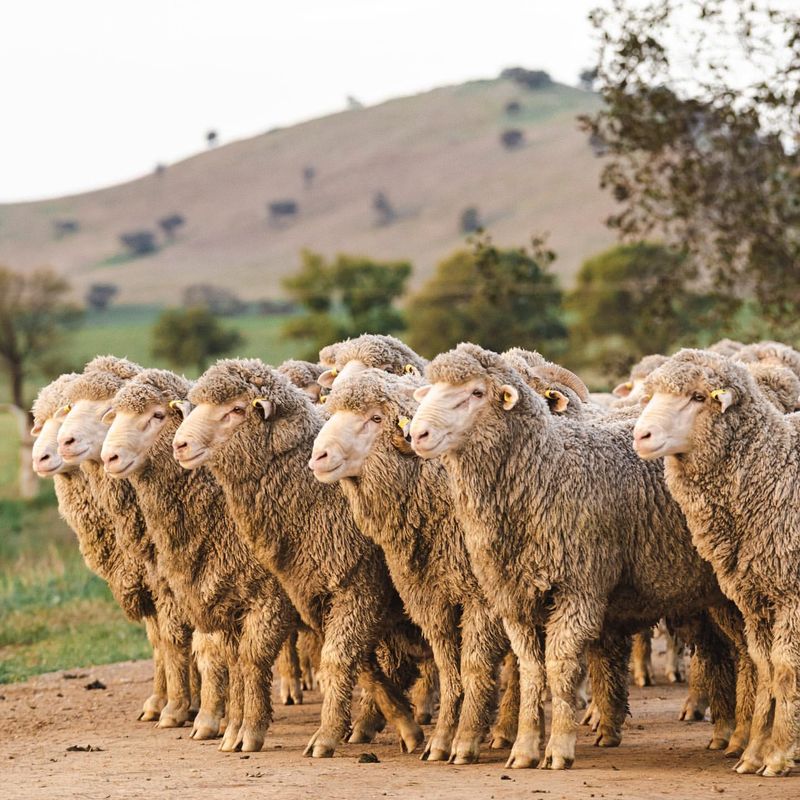
Merino sheep are social animals that thrive in flocks. They exhibit fascinating flock behavior, with each sheep playing a role in the group’s dynamics. Observing a flock of Merino sheep reveals a complex social structure that is both intriguing and endearing.
These sheep are known for their strong flocking instincts, which help protect them from predators. Within the flock, they form bonds and communicate through body language. This social nature not only aids their survival but also enriches their lives, making them a joy to watch and study.
Global Influence
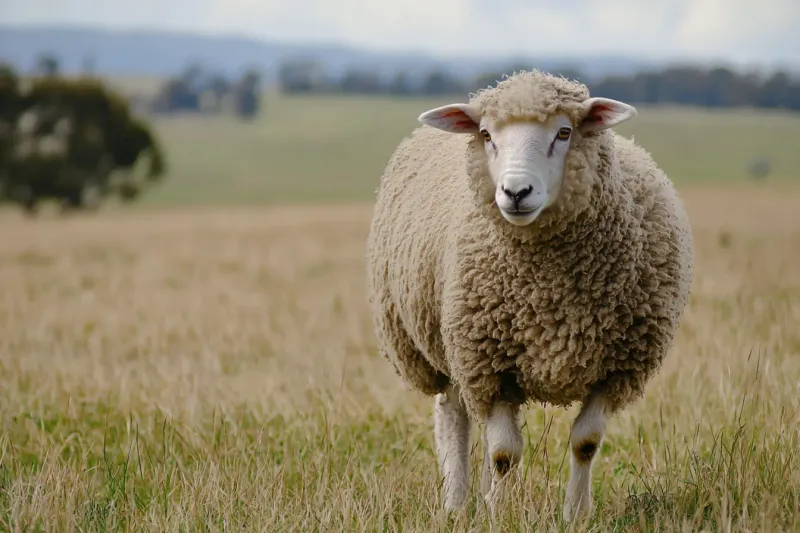
Merino sheep have left an indelible mark on the global wool industry. Originally from Spain, they have been exported to numerous countries, where they’ve become integral to local economies.
In Australia and New Zealand, Merino sheep are central to the wool industry, producing some of the finest wool in the world. Their influence extends beyond these regions, as they have been used in crossbreeding programs to improve other sheep breeds. The global presence of Merino sheep underscores their importance in agriculture and the textile industry, illustrating their widespread impact.
Unique Skin Folds
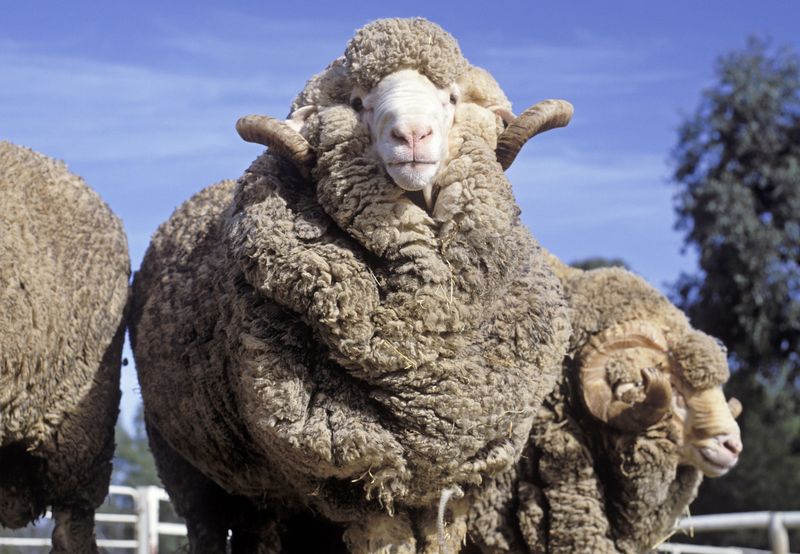
One of the distinctive features of Merino sheep is their unique skin folds. These folds increase the surface area for wool growth, allowing for a higher yield of their prized fleece. However, they also require special care to prevent issues such as flystrike.
The skin folds are a fascinating aspect of their biology, reflecting the balance between wool production and animal welfare. Farmers must pay close attention to these folds to ensure the sheep remain healthy and comfortable, illustrating the intricate relationship between Merino sheep and their caregivers.
Wool’s Moisture-Wicking Ability
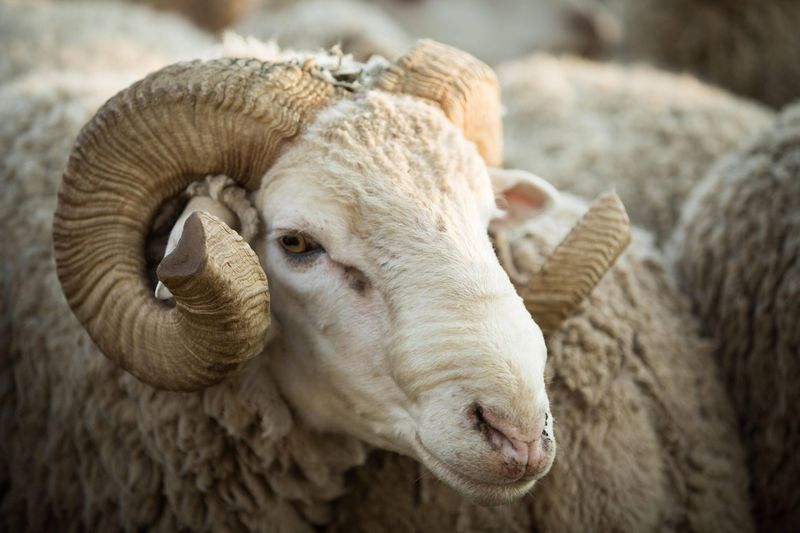
Merino wool is not only soft and warm, but it also possesses remarkable moisture-wicking properties. This natural fiber can absorb moisture up to 30% of its weight without feeling wet, making it an excellent choice for active wear.
When worn, Merino wool draws moisture away from the skin, keeping the wearer dry and comfortable. This feature is particularly beneficial for outdoor enthusiasts and athletes who require reliable performance in various weather conditions. The moisture-wicking ability of Merino wool highlights its practicality and enduring popularity in the textile market.
Environmental Benefits
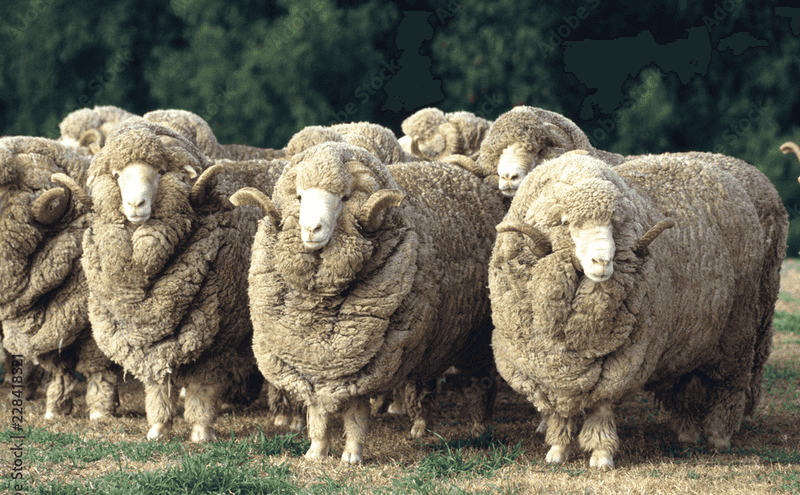
Merino sheep contribute positively to the environment in several ways. Their wool is a natural, biodegradable material, reducing reliance on synthetic fibers. This aspect of their wool aligns with the growing demand for sustainable and eco-friendly products.
Furthermore, Merino sheep often graze on land unsuitable for other agricultural purposes, maximizing land use efficiency. Their presence helps maintain biodiversity and fosters healthy ecosystems. By choosing Merino wool products, consumers support environmentally responsible practices and contribute to the preservation of our planet.
Historical Significance
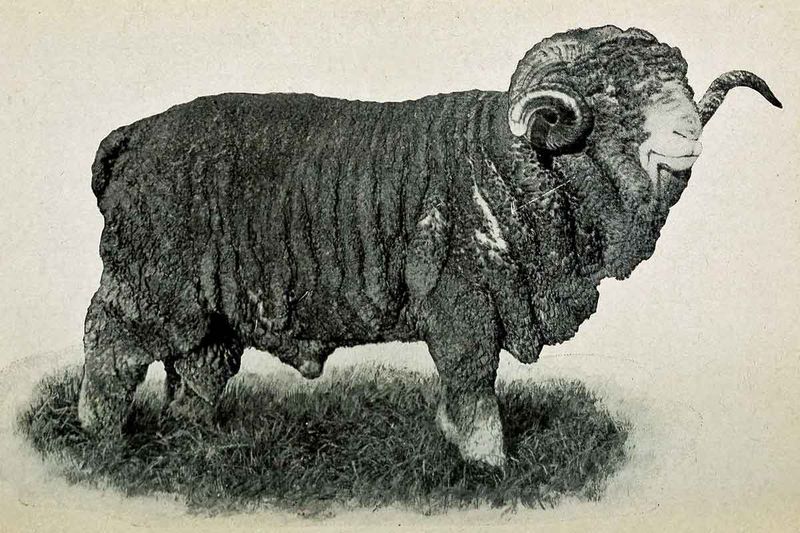
The historical significance of Merino sheep is deeply rooted in the economic and social fabric of Europe. During the 18th and 19th centuries, the demand for Merino wool surged, leading to widespread trade and influence across the continent.
These sheep were so valuable that they were often given as royal gifts and used to cement political alliances. The Merino’s legacy continues to be felt in modern times, as their wool remains a symbol of quality and luxury. Their historical impact is a testament to their enduring value and influence over centuries.
Natural Insulation
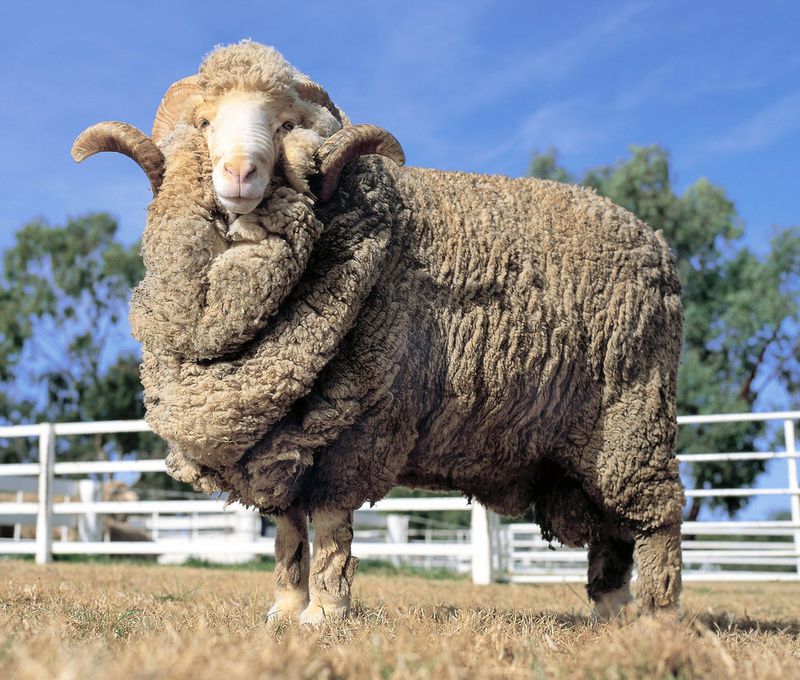
Merino sheep are naturally equipped to withstand harsh climates, thanks to their insulating wool. This wool provides exceptional thermal regulation, keeping the sheep warm in winter and cool in summer.
The natural crimp in Merino wool creates pockets of air, enhancing its insulation properties. This ability to maintain a stable body temperature is crucial for the sheep’s survival in diverse environments. For humans, this same insulating property makes Merino wool a prized material for clothing, offering comfort and protection in various weather conditions.
Polwarth Sheep Connection
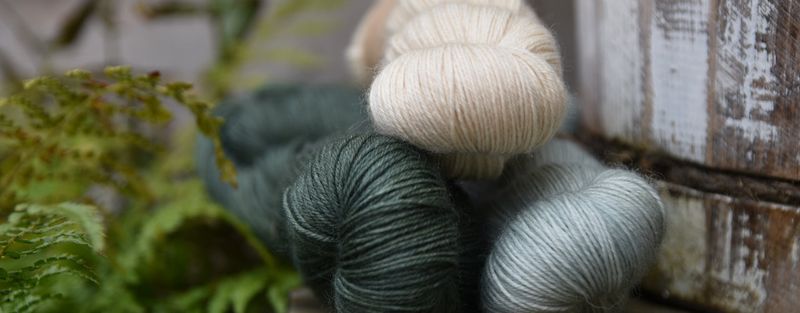
The Polwarth sheep, a breed developed in Australia, shares a close connection with the Merino. This breed results from crossbreeding Merino sheep with Lincoln sheep, aiming to produce sheep with superior wool quality and improved adaptability.
The Polwarth retains many Merino characteristics, such as fine wool and a hardy nature. This connection highlights the influence of Merino genetics in the development of new breeds, contributing to advancements in sheep farming. Their shared heritage underscores the importance of Merino sheep in agricultural innovation and breed development.
Allergy-Friendly Wool
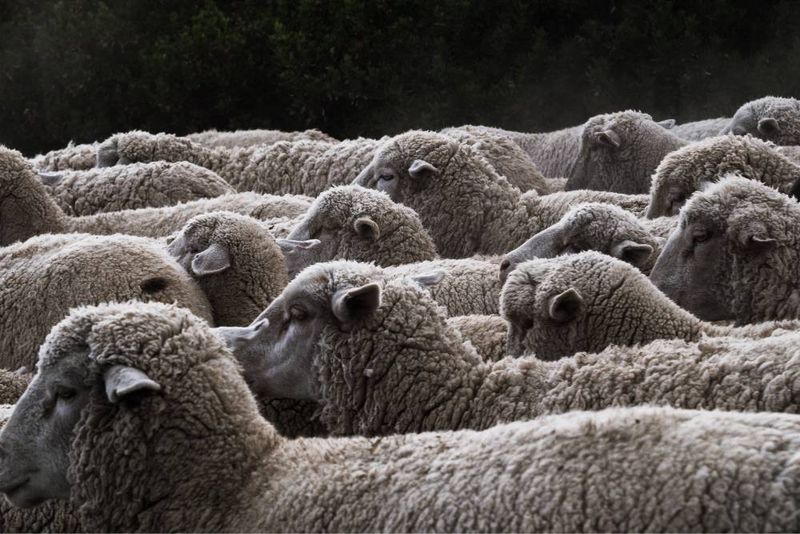
Merino wool is celebrated for being hypoallergenic, making it an excellent choice for individuals with sensitive skin. This natural fiber is less likely to cause irritation compared to other types of wool, due to its fine, soft texture.
The hypoallergenic properties of Merino wool stem from its ability to wick moisture away from the skin, reducing the likelihood of allergens taking hold. For allergy sufferers, Merino wool offers comfort and peace of mind. This unique feature adds to the appeal of Merino wool products, catering to a broader range of consumers.

